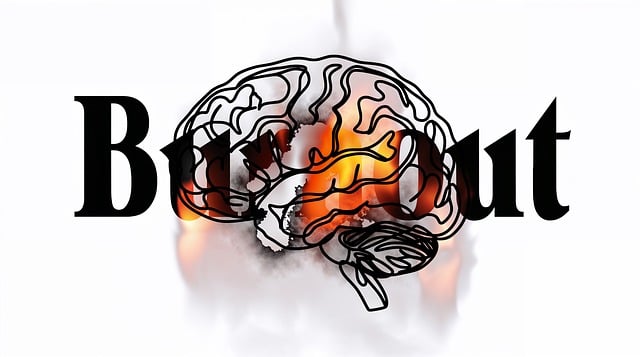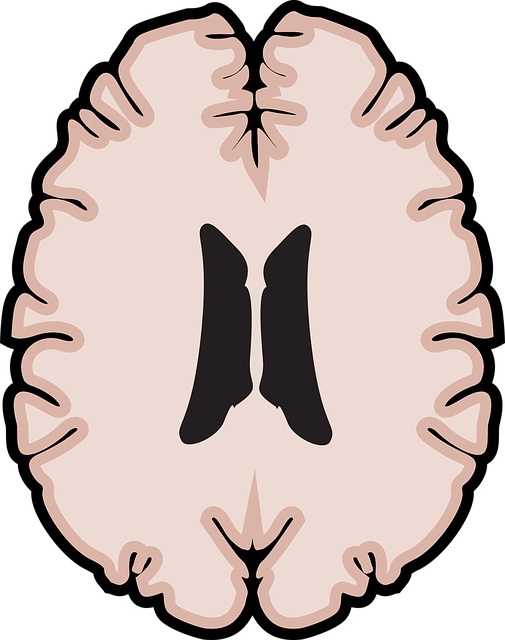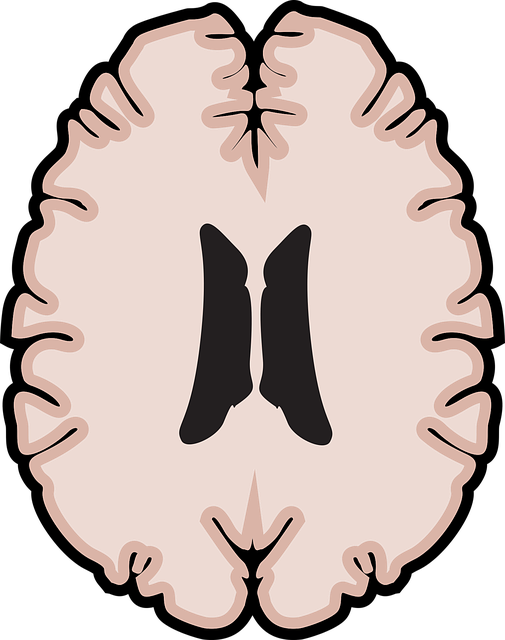Stress management is vital for well-being, especially for those with PTSD. Littleton offers accessible mental health services, including specialized PTSD therapy. Tailored support through Risk Management Planning and Self-Awareness Exercises benefits communities affected by disasters or social unrest. Mental Health Policy Advocacy creates supportive environments. Effective stress workshops in Littleton use evidence-based techniques like mindfulness and cognitive-behavioral therapy, incorporating role-playing and group discussions for personalized learning. Community organizations successfully implement these programs, leading to improved mental health metrics and increased engagement, demonstrating the positive impact of holistic PTSD treatment approaches.
- Understanding Stress and Its Impact on Individuals and Communities
- Designing Effective Stress Management Workshops: Strategies and Techniques
- Implementing and Evaluating the Success of Stress Therapy Programs in Littleton
Understanding Stress and Its Impact on Individuals and Communities

Stress is a universal human experience, but its impact can vary widely. Understanding stress involves recognizing its physiological and psychological effects on individuals and communities. When managed effectively, stress can be a motivator for growth and resilience; however, chronic or severe stress can lead to significant health issues, including physical maladies and Post-Traumatic Stress Disorder (PTSD). In Littleton, where mental health services are accessible, therapy for PTSD is readily available to those who need it.
Communities heavily impacted by stressful events—from natural disasters to social unrest—face unique challenges. Risk Management Planning for Mental Health Professionals plays a crucial role in ensuring these professionals are equipped to handle such situations. By integrating Self-Awareness Exercises into their practices, mental health advocates can better serve individuals struggling with stress and its associated disorders. Moreover, Mental Health Policy Analysis and Advocacy is essential for shaping supportive environments that prioritize the well-being of all community members.
Designing Effective Stress Management Workshops: Strategies and Techniques

Effective stress management workshops require a thoughtful design that goes beyond surface-level activities. Facilitators should incorporate evidence-based techniques tailored to diverse needs, such as those individuals dealing with post-traumatic stress disorder (PTSD) in Littleton. Start by assessing the target audience’s specific challenges, whether it’s workplace stress or personal trauma recovery. Incorporate interactive elements like role-playing scenarios and group discussions to make sessions engaging.
Use a combination of strategies including mindfulness exercises, cognitive-behavioral techniques, and communication skills training (Social Skills Training). Teach participants practical communication strategies (Communication Strategies) for expressing needs and managing conflicts, ensuring these are applicable in various settings. Regularly adapt content based on feedback, allowing for continuous learning and improvement. This personalized approach ensures that workshops remain relevant and impactful, helping attendees develop robust stress management skills.
Implementing and Evaluating the Success of Stress Therapy Programs in Littleton

In Littleton, stress management workshops have gained significant traction as a means to combat the rising instances of Post-Traumatic Stress Disorder (PTSD) and other mental health challenges. These workshops, designed to offer therapeutic interventions, focus on various evidence-based strategies such as mindfulness, cognitive behavioral therapy, and resilience building. By implementing these programs, community organizations aim to equip individuals with effective tools to manage stress and enhance their overall well-being.
The success of Littleton’s PTSD therapy initiatives is evaluated through participant feedback, improved mental health metrics, and increased community engagement. Regular assessments highlight the positive impact on self-esteem improvement and fostering positive thinking among attendees. The workshops’ effectiveness lies in creating a safe space for individuals to share experiences, learn from peers, and develop strategies tailored to their needs. This holistic approach not only addresses the symptoms of stress and PTSD but also strengthens participants’ resilience, enabling them to navigate life’s challenges with greater ease.
Stress management workshops play a pivotal role in empowering individuals and communities, as evidenced by successful programs like Littleton Post-Traumatic Stress Disorder (PTSD) Therapy. By combining understanding of stress impacts with effective design strategies, organizations can create transformative experiences. Implementing these workshops requires careful evaluation for optimal success, ensuring that participants not only learn coping mechanisms but also experience improved well-being. This holistic approach fosters resilience and enhances the overall health of communities, making stress management a valuable asset in today’s challenging times.














